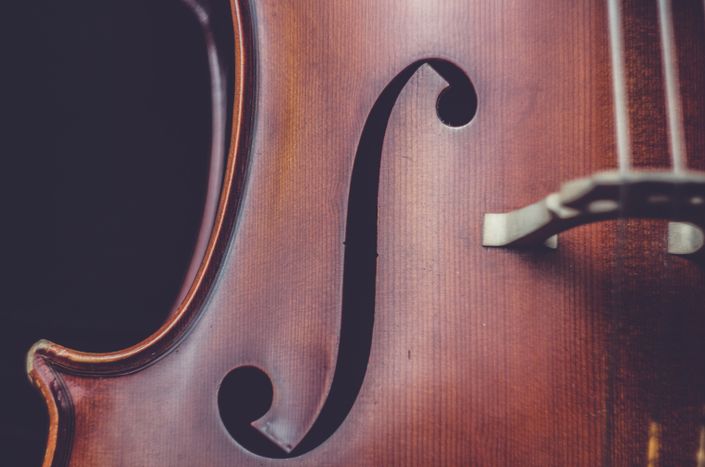
Want to be able to sing any melody confidently at sight? Want to compose and make arrangements away from the keyboard? Want to be able to hear music in your head before playing it from the score?
This course builds a strong foundation for developing your inner ear in six weeks.
In this course, you will:
- Learn to sight sing in major and minor keys using solfa syllables
- Learn to sing and conduct in simple and compound time signatures
- Learn to sight sing in treble, bass and alto clefs
- Develop your contrapuntal hearing by singing one line whilst playing another
- Develop your rhythmic and melodic transcription skills
- Develop your ability to hear cadences, chord progressions and bass lines
This course is ideal for anyone who wants to develop their inner ear in support of music theory studies and/or applied musical practices.
Your Instructor

I have been teaching music theory and composition since I began my
graduate education in 1999. While studying for my MA in Music
Composition at the University of Pennsylvania, I started
teaching music theory to Penn
undergraduates. I have since taught music theory and composition at
Interlochen Arts Camp in Michigan, Plymouth University (UK), Dartington
College of Arts (UK), and in my own studio at home. I own and operate
the Totnes School of Piano.
I entered my undergraduate studies completely focussed on studying piano
performance, but I quickly found that studying music theory improved my
sight-reading and my ability to memorise music; it heightened my
musical expression and understanding at the piano; and it eventually led
me to composing music.
I hold dual undergraduate degrees in piano performance and music theory, an MA and PhD in composition from the University of Pennsylvania in Philadelphia, and two MFAs in performance (improvisation emphasis) and electronic music and recording media from Mills College in California, where I won the Flora Boyd Piano Performance Prize in 2011.
But most importantly, I have a passion for teaching music theory. I
believe it is the key that unlocks all musical treasures. It can be
engaging in its own right, but music theory, for me, is best viewed as a
means toward greater musical expression and creativity.
